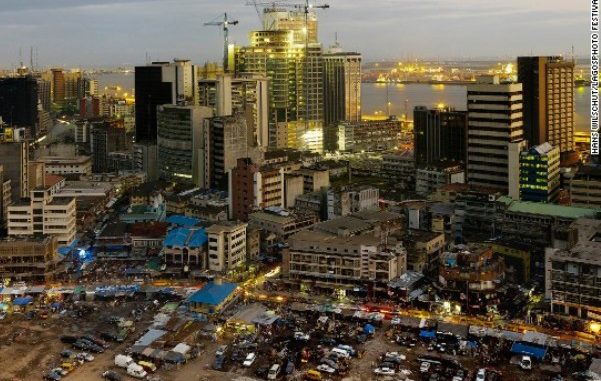
Olusegun Oshinowo, director-general of the Nigeria Employers’ Consultative Association (NECA), says the Nigerian economy is bleeding from over-regulation, as multiple regulatory agencies created by the government— most of which have duplicated functions— see themselves as existing only for revenue drive.
Oshinowo said rather than support and aide enterprise, the agencies have become a cog in the wheel of economic growth, as businesses in many respects are hounded, thereby discouraging investments.
The consequence of this, according to Oshinowo, is that business expansion is hampered by negative impact on employment generation.
The DG spoke on Monday during a valedictory press conference, saying in other climes regulatory agencies play critical roles in the encouragement of growth and sustenance of enterprise. Oshinowo is retiring from NECA this December after 19 years of service in the association.
“Unlike in other environment where regulation is used to encourage and aide the growth of enterprise, regulatory agencies in Nigeria have actually become killers of businesses” said Oshinowo.
Recall that NECA has had to fight battles with many of the Federal Government regulatory agencies, and only recently issued a statement to strongly condemn Nigerian Lottery Regulatory Commission (NLRC) for shutting down offices and business premises of Nigerian Breweries Plc nationwide over a disagreement arising from a sales promo, which the NLRC claimed was a lottery.
The DG also made a case for the restructuring of Nigeria to allow states take full responsibility for their resources and manage same to create wealth for their citizens.
According to him, the continued dependence of the federating states on the monthly federal allocations makes nonsense of the idea of a federal structure that Nigeria had set out to operate.
“Nigeria must restructure to allow states take responsibility for certain aspects of this economy. Even if you have zero-level corruption, best economic policies, if you don’t restructure to allow state create wealth for the people, those policies won’t work.”
Oshinowo said that a situation where only Lagos and Abuja are the centres of attraction is not good for the country.
“Today, it is only Lagos and Abuja that things seem to be happening. There are no economic opportunities for the citizens in other states. So, what you find is a situation where Nigerians are moving out of those states to Lagos to find means of livelihood. This is not good for the economy. The federating states must be able to create opportunities to engage their citizens and fight poverty.”
Citing the gridlock around the ports and Apapa, Oshinowo said there was the strong need for government to take the issue of infrastructure more seriously.
“Any president in the 2019 must focus on infrastructure development to attract new investments and strengthen the economy,” said Oshinowo.
Timothy Olawale, the DG designate who takes over from January 2019, said he would build on the successes recorded by his predecessor.
Olawale said the association under his leadership would continue to pursue his core mandate of protecting the interests and rights of member companies as well as sustain its human capacity building programme, weaved into a five-year strategic plan which starts from 2019 to 2023.
END

Be the first to comment